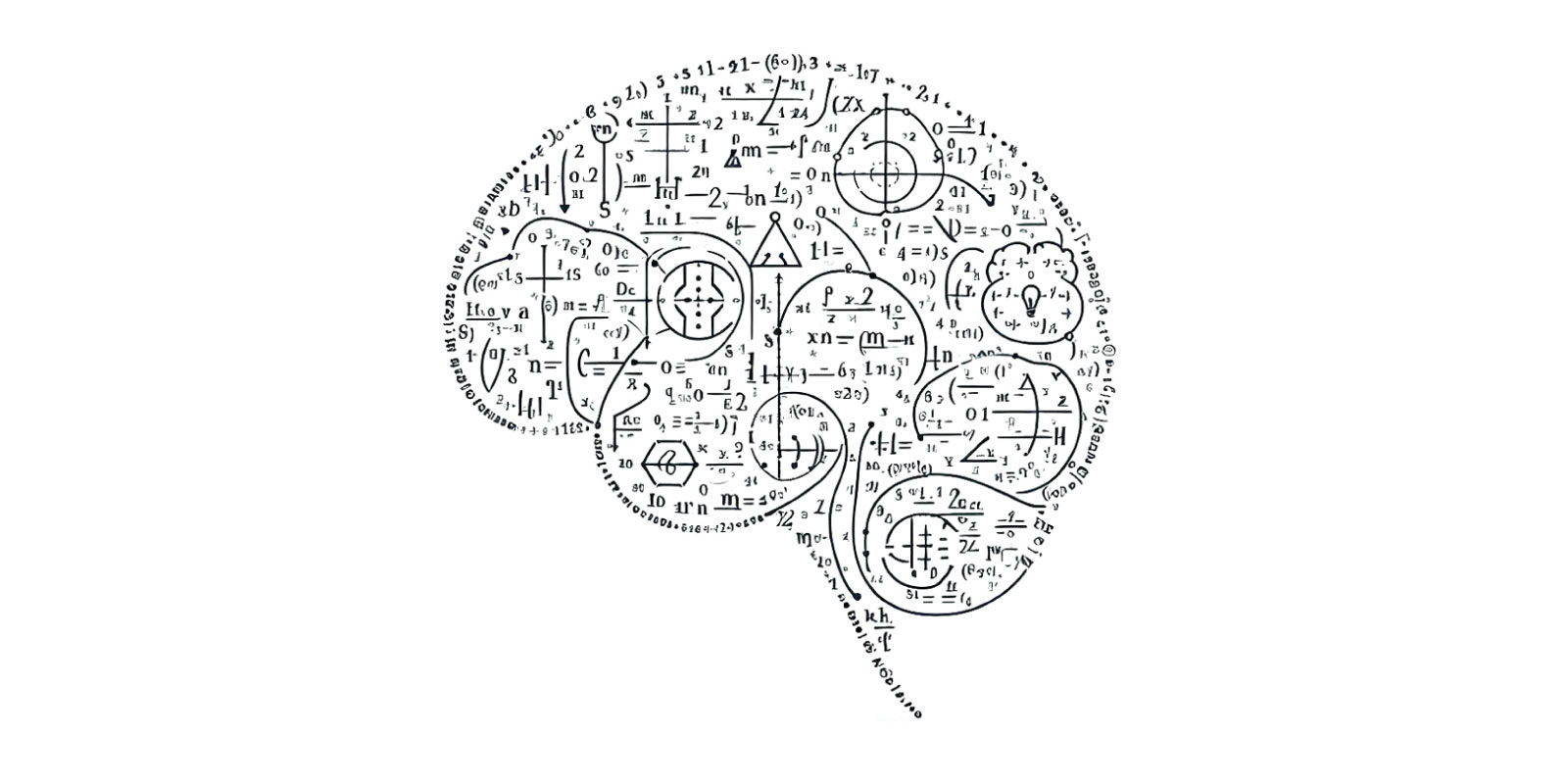Published on 25.06.2025
Conference on Mathematics of Machine Learning 2025

In recent years, the field of Machine Learning has made significant progress in theory and applications. This success is rooted in the mutual stimulation of mathematical insight and experimental studies. On the one hand, mathematics allows to conceptualize and formalize core problems within learning theory, leading, for instance, to performance bounds for learning algorithms. On the other hand, experimental studies confirm theoretical predictions and instigate new directions in theoretical research. This meeting aims to discuss the interaction between theory and practice, with focus on the current gaps between the two. The talks will be centered around themes including the following:
- Gradient Methods (gradient optimization, stochastic gradient, natural gradients, gradient applied to deep networks, …),
- Natural Geometric Structures (Information Geometry, optimal transport geometry, …),
- Generalisation Theory (statistical learning theory, complexity measures, Ill-posed inverse problems, regularization, implicit bias…)
- Functional analytical tools (approximation theory, harmonic analysis, …)
- Overparametrization and random matrix theory (neural tangent kernel, lazy training, convergence of gradient descent, generalization bounds, …)
Confirmed Keynote Speakers
- Francis Bach, INRIA Paris Centre, France
- Misha Belkin, University of California San Diego, USA
- Lénaïc Chizat, EPFL, Switzerland
- Kenji Fukumizu, Institute of Statistical Mathematics, Japan
- Stefanie Jegelka, MIT, USA, and TU Munich, Germany
- Markos Katsoulakis, University of Massachusetts Amherst, USA
- Gitta Kutyniok, LMU Munich, Germany
- Sayan Mukherjee, Leipzig University, Germany
- Frank Nielsen, Sony Computer Science Laboratories Inc., Japan
- Grant M. Rotskoff, Stanford University, USA
- Gabriele Steidl, TU Berlin, Germany
- Matus Telgarsky, New York University, USA
Organised by
- Nihat Ay, Hamburg University of Technology, Germany and Santa Fe Institute, USA
- Martin Burger, Helmholtz Imaging, DESY and University of Hamburg, Germany
- Benjamin Gess, TU Berlin and Max Planck Institute for Mathematics in the Sciences, Germany
- Guido Montúfar, Max Planck Institute for Mathematics in the Sciences, Germany and University of California, Los Angeles, USA
Scientific Committee
- Alexandra Carpentier, University Potsdam, Germany
- Asja Fischer, Ruhr University Bochum, Germany
- Armin Iske, University of Hamburg, Germany
- Stefanie Jegelka, Technical University of Munich, Germany and Massachusetts Institute of Technology, USA
- Parvaneh Joharinad, Leipzig University and Max Planck Institute for Mathematics in the Sciences, Germany
- Sören Laue, University of Hamburg, Germany
- Johannes Lederer, University of Hamburg, Germany
- Marco Mondelli Institute of Science and Technology, Austria
- Sayan Mukherjee, Leipzig University, Germany
- Liza (Elizaveta) Rebrova, Princeton University, USA
- Gabriele Steidl, TU Berlin, Germany
- Diaaeldin Taha, Max Planck Institute for Mathematics in the Sciences, Germany
- Melanie Weber, Harvard University, USA
- Jens-Peter M. Zemke, Hamburg University of Technology, Germany